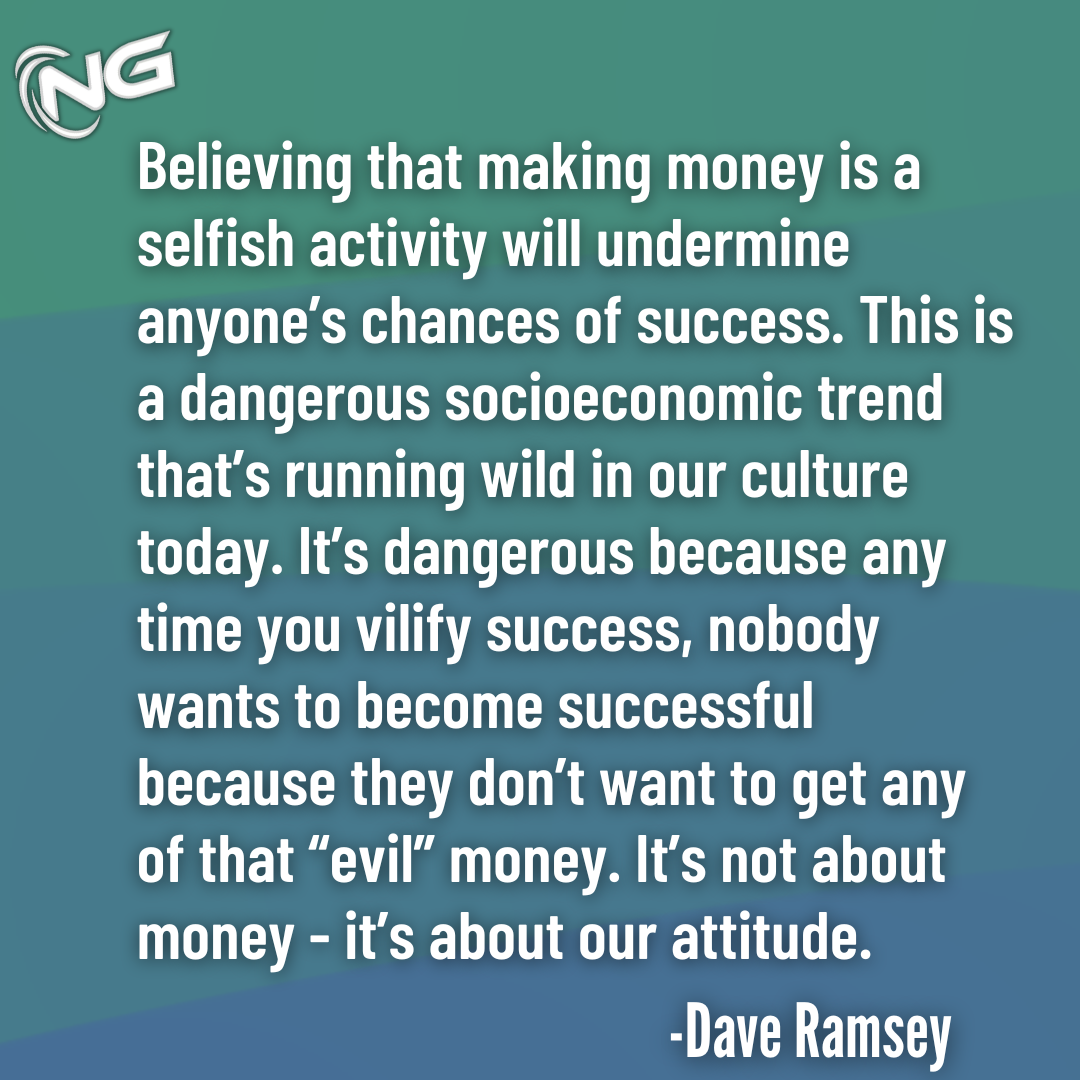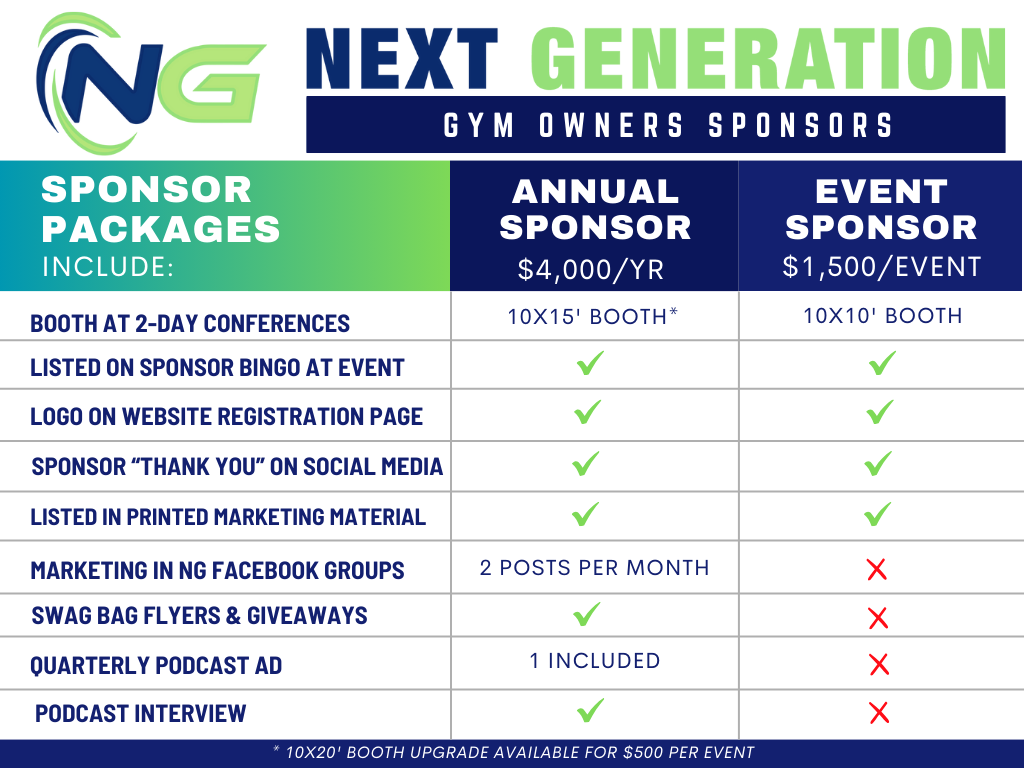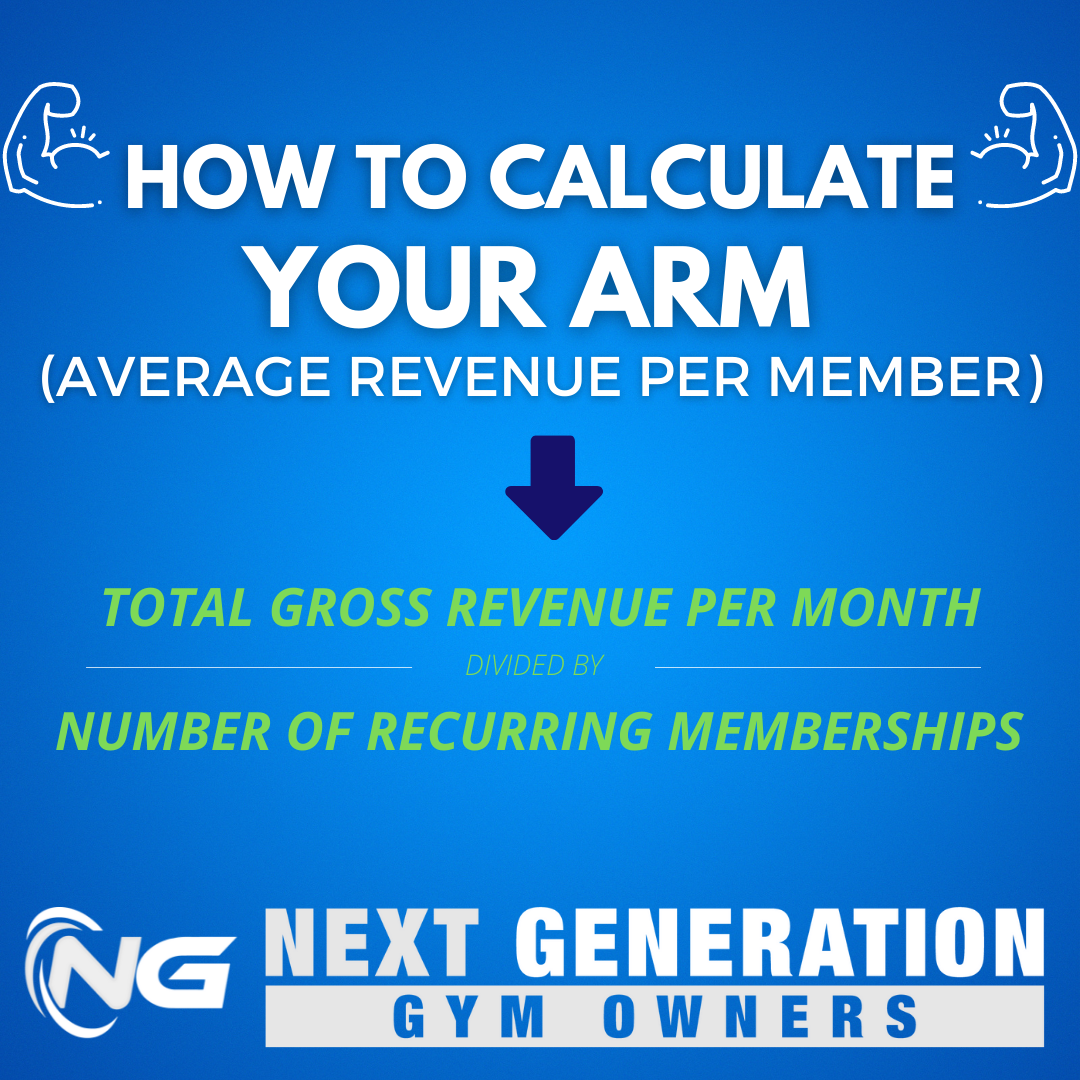I hate nothing more than people assuming their tuition is how I pay my mortgage. In fact, over the years, I’ve heard comments here and there about stuff like that, and if you’ve owned a gym for awhile, I’m sure you have too.
It makes us, as owners, have a very guarded view of the things we do and how we act. We develop unsubstantiated guilt for making a profit. Reading through threads in other Facebook groups doesn’t make this any easier. Last year I put out a survey to gym owners asking some personal financial questions. A small percentage of people who answered the survey shocked me with this question:
“Do you believe an owner should be compensated?”
“No.”
I’d say I couldn’t believe what I was reading, but I put the question on there because I was curious how many might actually think that. I knew there would be a few.
That told me one thing: That small percentage of people were often some of the loudest about “doing this for the kids”. Am I doing this for the kids every single day? 100%. Do I deserve to be fairly compensated for the work I’m doing? Yes.
Think of it this way (and our Canadian friends will think this is funny, because I know it’s so different up North).
The public is generally very vocal about paying our teachers more. They’re underpaid and symbolically undervalued. They’re uniquely positioned to spend time day in and day out with our next generation. Their daily impact will determine, in many ways, what the future of our world looks like. Yet, most districts pay a barely livable wage here in the U.S.
Now let’s shift that mentality over to cheerleading and gymnastics. If you genuinely believe your gym can change a child’s life forever, why make yourself a martyr for the cause? Of course, a barely livable wage might be appropriate if you’re just here to teach cheerleading. But I know most people in this group would agree that we do so much more than teach cheerleading.
Last week I had a 14-year-old athlete break down during conditioning. It was way outside of her character. I asked her if something was hurting, and she just shook her head as the tears rolled down. I am grateful to coach this team with another coach for these reasons. I pulled her to the side, away from the other kids but still in sight of the parents, and I had her sit down. I asked her what was going on.
That’s when she spilled it.
She said she had been threatened in the bathroom at school that day. Another girl got six inches from her face and told her she would kick her butt if she didn’t stop talking crap about her. My athlete bawled as she said, “My sister knows this girl, but I barely know her. I’ve never said anything bad about her ever. I don’t want to fight anyone.”
My athlete is smart, sweet, and incredibly easy to coach. She loves her coaches, and for a 14-year-old, I’m not sure I’ve ever received even an ounce of attitude from her (which I’ll admit is a rare find in a teenage girl). My heart was broken for her. I walked her through what I would do, with several disclosures that she needed to follow her parents’ directions first and foremost. (I was also grateful when she said her mom and dad had said everything I was saying.)
She saw the reaffirmation among adults to be comforting.
Our athletes see us as more than just a coach.
Some see us as a parent when their parent isn’t there (which can be very often for some kids).
Others see us as a mentor who they can go to for advice.
Finally, some athletes look up to us and literally want to be us!
I’ve had a teacher tell me before she believes we have more pull in some kids’ lives than they do. The kids who come to us do so because they want to be there, not because the state says they have to be there until graduation.
You are essential in the lives of your athletes. So are your coaches.
So why, then, do some people believe that taking a solid paycheck for your work is unjustified? You can do both something good and be paid well for doing it. In any other industry, doing something very well is typically rewarded financially.
If you run a good restaurant, more people come to you, and you make more money.
If you develop software and you are great at it, more companies will buy your software, and you will make more money.
If you are a fashion designer and design amazing clothes, more people will buy from you, and you’ll be able to charge more, making more money.
So tell me why you shouldn’t make more money if you run an amazing gym.
“Doing this for the kids” and “Making more money” are not two forces in opposition.
Every year I have one parent review my all star packet before it’s released. This year I picked a parent who was thorough and caught typos and inconsistencies in my paragraph indentions. She calculated the increasing price of each program in the gym to provide feedback if she thought I’d have any issues explaining it to parents.
I wasn’t expecting that last part, but I was extremely grateful.
She’s only been a part of our program for a few years, which made her the perfect person to review this packet. She’s still new enough that she won’t read my verbiage and be able to easily infer what I actually mean. She still needs full clarity in the message I’m projecting.
But you know – she said one thing that stuck with me. We had been talking about increasing professional fees this year by $145 for our elite teams. Gym owners – we understand the cost of everything is rising and while competition fees haven’t been released yet for most events for next season, all you have to do is ask an event producer, and they can indicate if they think they’ll have to charge a bit more. So, we estimate the increase in mileage, parking, competition fees, staff wages, etc.
But here is what she said,
“I am willing to spend resources on something that holds value for me. If it doesn’t hold value, then I am going to be unhappy about the charges. I mean there’s certainly a limit financially, but our family is fully bought into the value of the cheer program.”
She has also told me she hopes we do well with the gym because we work hard and deserve to be profitable.
Not all parents are that mature. I understand.
That doesn’t mean you have to match their maturity level by underpaying yourself. Instead, run a good business, and pay yourself well.
No parent or staff member will ever recognize your complete dedication and the sacrifices you’ve made for your business. So, their opinion of “profit” shouldn’t be why you choose to take less than you could.
Now, if you’re making a killer profit and underpaying staff or operating out of a broken-down building, I can see people having questions.
But their money issues are not yours, so don’t make them yours.
Dave Ramsey says, “Believing that making money is a selfish activity will undermine anyone’s chances of success. This is a dangerous socioeconomic trend that’s running wild in our culture today. It’s dangerous because any time you vilify success, nobody wants to become successful because they don’t want to get any of that “evil” money. It’s not about money – it’s about our attitude.”
So, take my philosophy on this. I want to make more so I can give more.
I want the freedom to be generous to others.
I hired someone to clean my house recently. I knew she needed the money, and I could use the help. I overpaid her every single week, because I knew that extra hourly rate would mean a lot to her family.
I have a very loyal staff member who has been with us for 12 years and is just starting a family and getting married soon. Her bridal shower is this weekend. I want to give big. She deserves a beautiful wedding, and I love her like she’s part of my family.
When I see a charity that needs something, I want to be able to buy it for them without question.
You have to be profitable to do any of those things. In fact, if you’re not taking a profit from your gym, you’re denying yourself from being generous to others.
It’s all about mindset, isn’t it?











